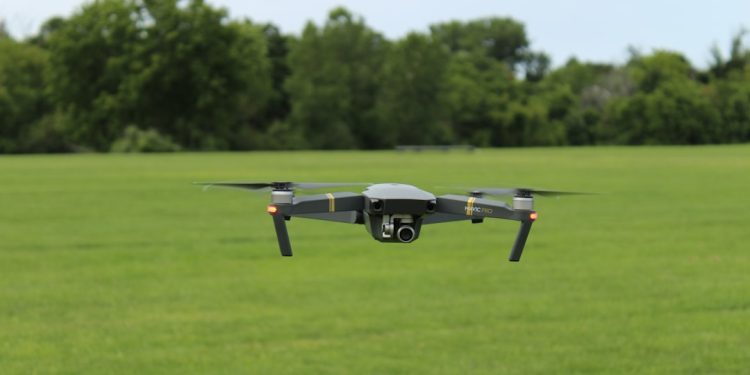No products in the cart.
Don Bosco Tech Introduces Drone and Solar Technology Training in India
Don Bosco Tech has launched a new training program in India focusing on drone and solar technologies, aiming to boost youth employability.
Mumbai, India — Don Bosco Tech has officially launched a new skills training program aimed at equipping young professionals with expertise in drone and solar technologies. This initiative responds to the growing demand for skilled workers in these innovative sectors, which are crucial for India’s sustainable development goals.
The program will provide hands-on training and theoretical knowledge, preparing participants for various roles in the rapidly evolving tech landscape. The initiative, announced on October 8, 2025, underscores the increasing importance of technical skills in the job market, particularly in renewable energy and advanced technology sectors.

According to the Ministry of Skill Development and Entrepreneurship, the Indian government has prioritized skill development as a key driver for economic growth. With a youth population of over 600 million, India faces a significant challenge in ensuring that its workforce is adequately prepared for the jobs of the future. The introduction of drone technology and solar energy training aligns with national goals to enhance employability and foster innovation.
Drone technology is set to revolutionize several industries including agriculture, logistics, and surveillance. By 2025, the Indian drone market is projected to reach $1.5 billion, growing at a compound annual growth rate (CAGR) of 15% from 2020 to 2025[1]. Meanwhile, the solar energy sector is also booming, with India aiming to achieve 280 GW of solar capacity by 2030, a significant increase from its current capacity of around 50 GW[2].
According to the Ministry of Skill Development and Entrepreneurship, the Indian government has prioritized skill development as a key driver for economic growth.
Don Bosco Tech’s program will focus on practical applications, ensuring that participants not only learn about the technologies but also gain experience in their real-world applications. The curriculum will include drone piloting, maintenance, and software programming, alongside solar panel installation and maintenance training. This multifaceted approach aims to produce well-rounded professionals who can enter the workforce immediately upon completion of the program.
Industry partners will play a key role in this initiative. Companies such as Tata Power and DroneAcharya Aerial Innovations are expected to collaborate with Don Bosco Tech, providing resources, mentorship, and potential job placements for graduates[3]. Such partnerships are vital for ensuring that the training provided is aligned with industry standards and needs.
Moreover, the launch of this program comes at a time when the gig economy is rapidly expanding in India. Freelancing and contract work are becoming increasingly popular among young professionals, particularly in tech-related fields. Skills in drone operation and solar technology can open doors to freelance opportunities, allowing individuals to work with multiple clients or on various projects simultaneously.
As the demand for sustainable solutions and technological advancements grows, the need for skilled professionals in these areas will only intensify. The program by Don Bosco Tech is a proactive step toward addressing these demands, potentially setting a benchmark for similar initiatives across the country.
As the demand for sustainable solutions and technological advancements grows, the need for skilled professionals in these areas will only intensify.
Looking ahead, the success of this program could inspire other educational institutions and organizations to develop specialized training in emerging technologies. As India continues to navigate its economic recovery post-pandemic, investing in skills training will be crucial for fostering a competitive workforce. By focusing on high-demand sectors, programs like these not only enhance employability but also contribute to the larger goal of sustainable development.











